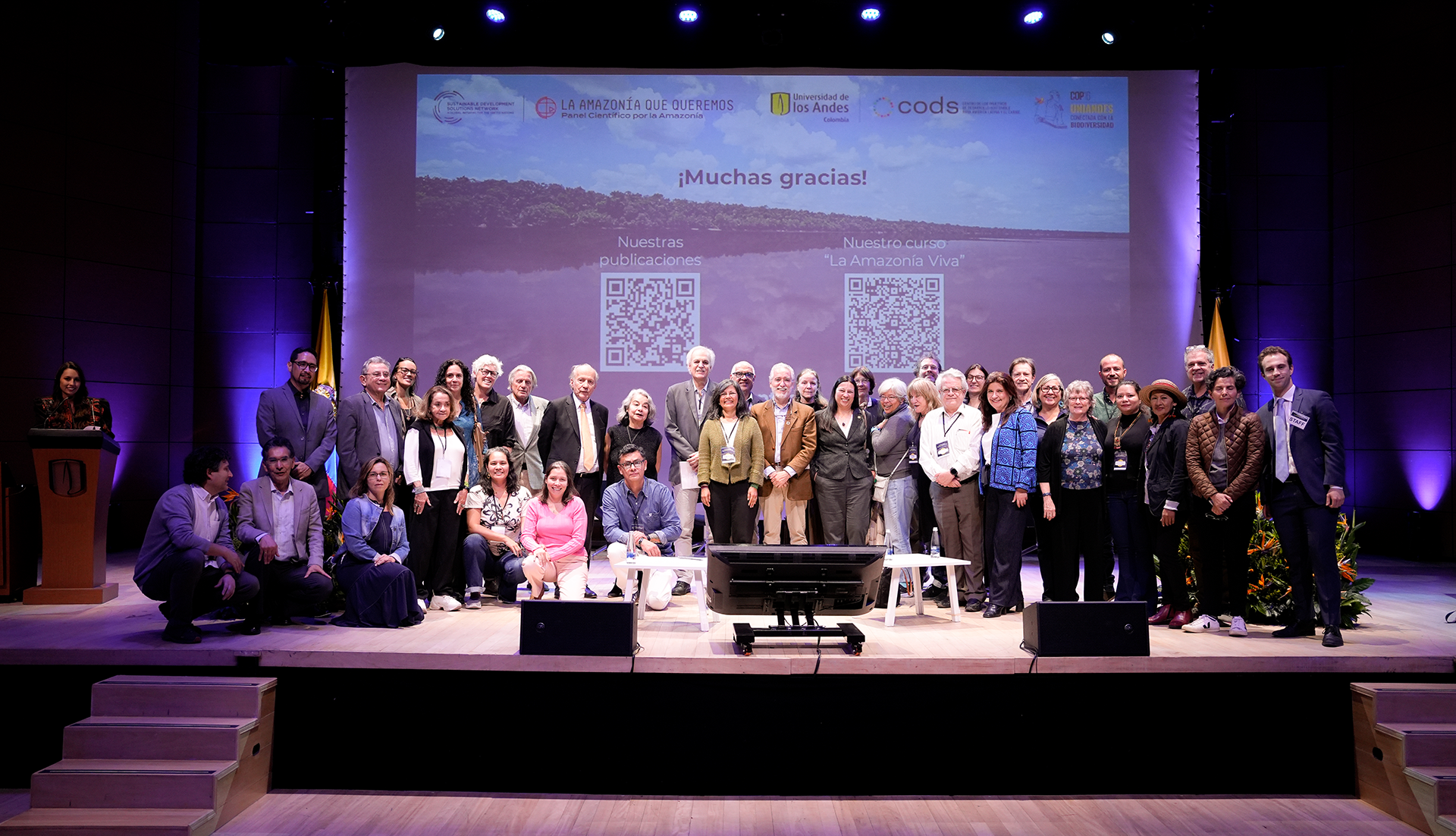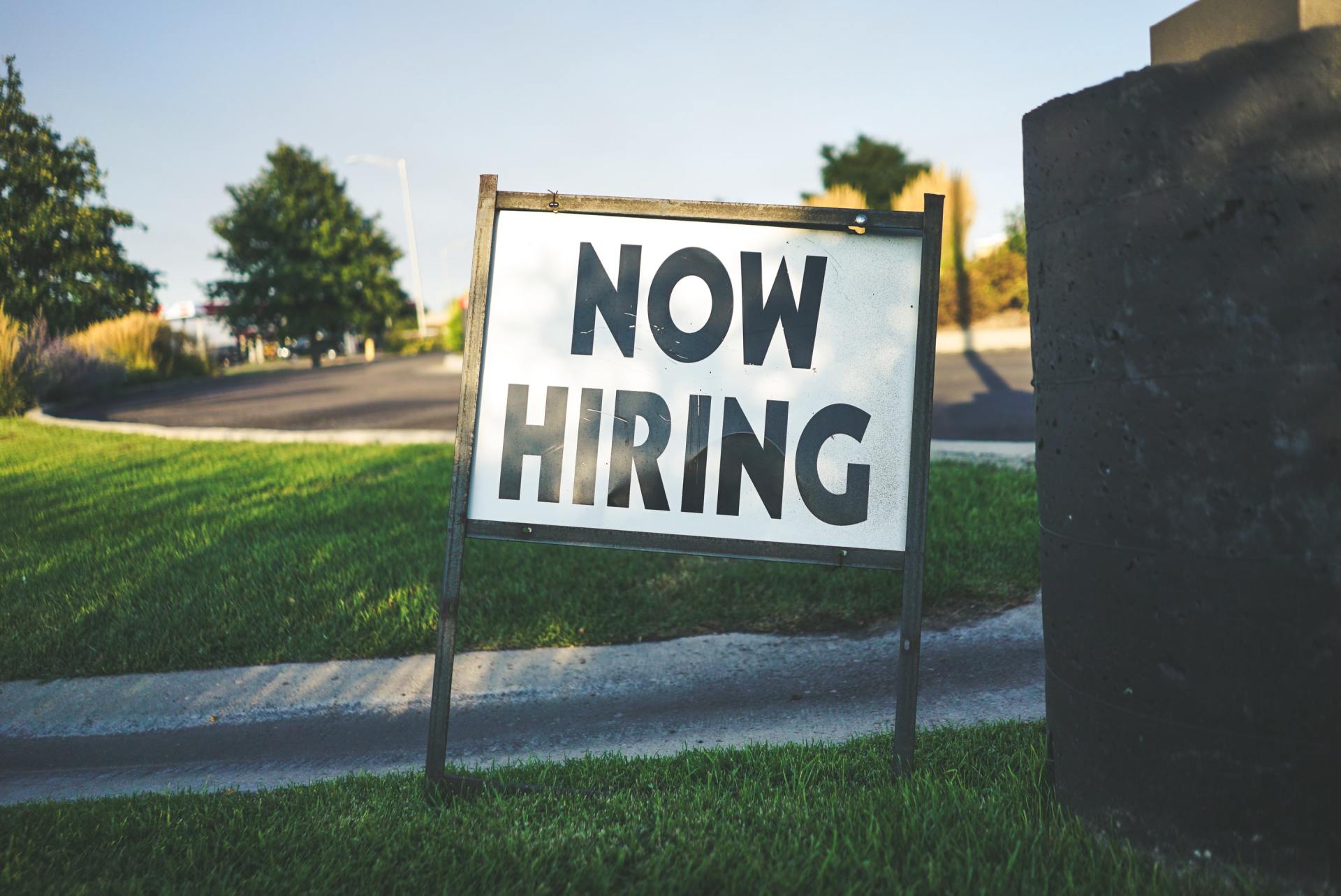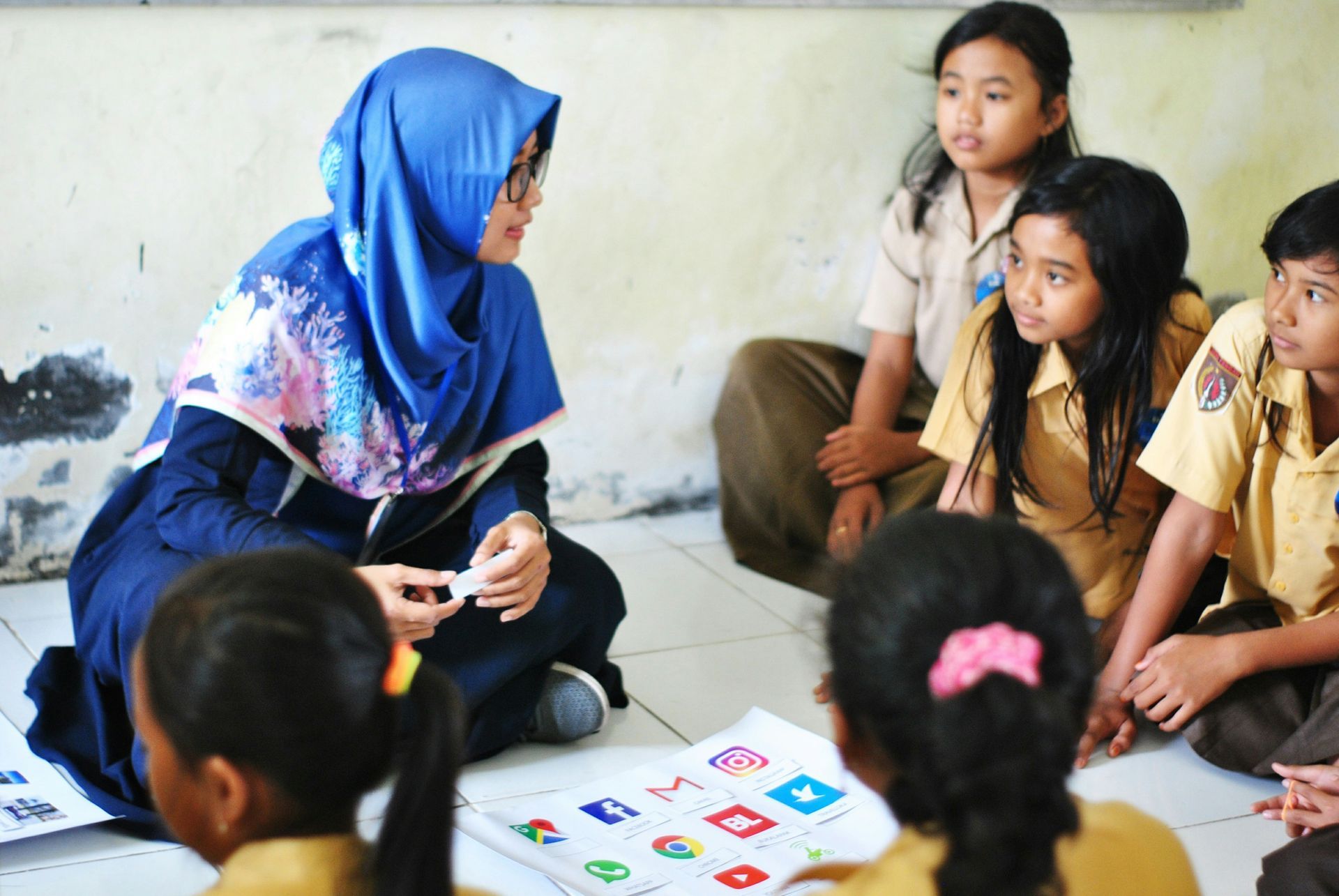


By Professor Ranjula Bali Swain, Visiting Scholar at SDSN, Visiting Professor at the Stockholm School of Economics
, Visiting Professor at the Mistra Center for Sustainable Markets, and Professor in the
Dept. of Economics at Södertörn University. T witter
@ranjbali.
Södertörn University is a Member of the SDSN.
The FIFA World cup 2018 has recently ended. Imagine the game with the 22 players running around on the field, if the game did not have clearly defined goal posts. Goals work and can be achieved, measured and monitored, if they are well-defined and realistic. The Millennium Development Goals (MDGs) were criticized for being inadequate, as they were set without addressing key issues in development, like imbalances and inequalities within countries. But the eight MDGs were relatively well-specified. For instance, MDG 4 focused on reducing the under-five child mortality rates by two-thirds, between 1990 and 2015. Compare that to the long list of 17 Sustainable Development Goals (SDG) and 169 targets. For example, SDG 3 focuses on good health and well-being but includes several ambitious targets, which go beyond MDGs 4-6, and are inadequately specified. While the Agenda 2030 supporters claim that the SDGs reflect the complexity of development, others criticize the universal goals for being too broad and even ‘…amount to a betrayal of the world’s poorest people’ (Economist 2015).
In my seminar at UN SDSN, New York on 19 th July 2018, I made the following salient points, based on my research:
Setting Goals
When global targets are set without distinguishing between regional and socio-economic differences in development trajectories, unrealistic targets can be set. The MDG target of two-thirds reduction of child mortality from 1990 levels was infeasible for most countries, especially in sub-Saharan Africa. Similarly, MDG targets were not ambitious enough for fast-developing countries such as Brazil and China. We should not make the same mistakes with SDGs. When the targets are re-visited in 2020, they should be set on the basis of country-specific development trajectories modeled from data. Such an approach will provide clear, quantifiable targets for policymakers, instead of arbitrary universal absolute or relative goals for all countries, that may be unrealistic at the country-specific level.
Goals don’t operate in Silos
Conventional approach towards SDG measurement and monitoring is to identify indicators for each SDG. This approach if not flawed is inadequate. Take the example of SDGs 3 (good health and well-being), 5 (gender equality) and 8 (decent work and economic growth). Using global country level data we show that child mortality, fertility, and GDP per capita are related. Fertility rate decreases when child mortality is low, and is weakly dependent on GDP. As fertility rates fall, GDP increases, and as GDP increases, child mortality falls. Such complex inter-relationships imply that measuring and implementing goals in silos is inadequate. We are currently working on capturing and quantifying these inter-relationships.
Tradeoffs & Inconsistencies
While some SDGs have a re-enforcing effect, others are inconsistent and conflicting. Quantifying the extent of inconsistency, our research reveals that economic growth and environment have underlying inconsistencies. This implies that in monitoring and implementation of some SDGs, say SDG 1 (No Poverty) or SDG 8 (Decent Work and Economic Growth), there can be a negative impact on SDG 13 (Climate Change).
Combining Policies
Based on global data, we predict that the global greenhouse gas emissions will be much above the Inter-Governmental Panel on Climate Change’s (IPCC) recommended level for 2020 to keep the increase in temperature under 2°Celsius in this century. Testing three fundamental policy approaches for keeping emissions under target limits, we show that policies can work in combinations only if they are implemented beyond certain thresholds. These three broad categories include: policies for cutting global emissions through legislation and economic interventions, technological innovations, and behavioral changes.
Strategies for developing and developed countries
Constructing a measure for the underlying SDG pillars of economic, social and environment, we argue that countries may pursue different strategies to be more effective in creating sustainable development in the short run. Our results reveal that while all three factors (economic, social, and environment) are important for the developed countries, they will benefit most by focusing on social and environmental factors to achieve sustainable development. The developing countries, on the other hand, should retain their focus on the economic and the social factors. While the environment factor is critical, the economic factor is the strongest in creating sustainable development in the short run for developing countries.
Suggested reads:
Bali Swain, R. and Wallentin, F. Y. The Sustainable Development Quagmire , working paper, Misum, Stockholm School of Economics .




Get our latest insights, opportunities to engage with our networks, and more.

SDSN mobilizes global scientific and technological expertise to promote practical solutions for sustainable development, including the implementation of the Sustainable Development Goals (SDGs) and the Paris Climate Agreement.
Paris
19 rue Bergère
75009 Paris
France
+33 (0) 1 84 86 06 60
New York
475 Riverside Drive
Suite 530
New York NY 10115 USA
+1 (212) 870-3920
Kuala Lumpur
Sunway University
Sunway City Kuala Lumpur
5 Jalan Universiti
Selangor 47500
Malaysia
+60 (3) 7491-8622